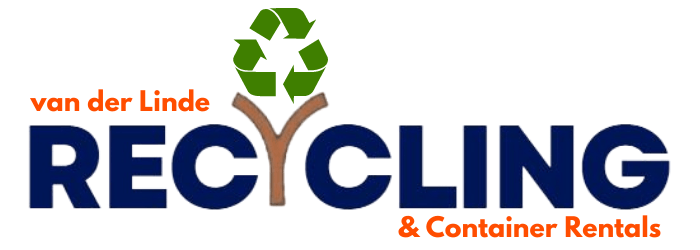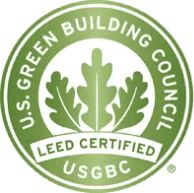MULCH
van der Linde dyed mulch is made from logs, brush and tree stumps, recovered at our recycling facility.
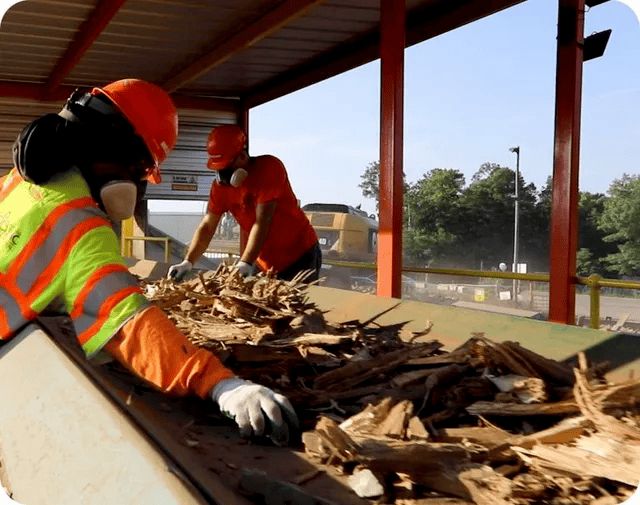
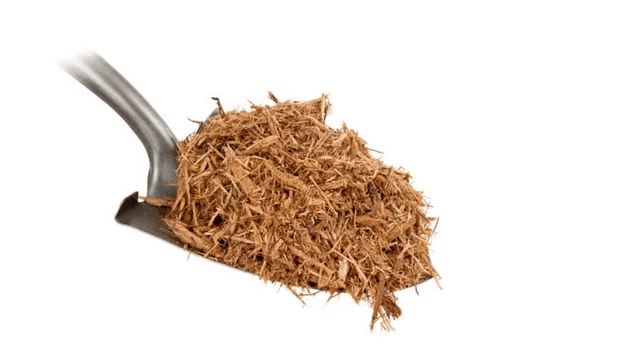
Natural Mulch
We make our natural mulch primarily from cleared logs, brush, and tree stumps.
Natural Mulch Pricing:
$28.00 per cubic yard
Delivery Charge: Based on your area.
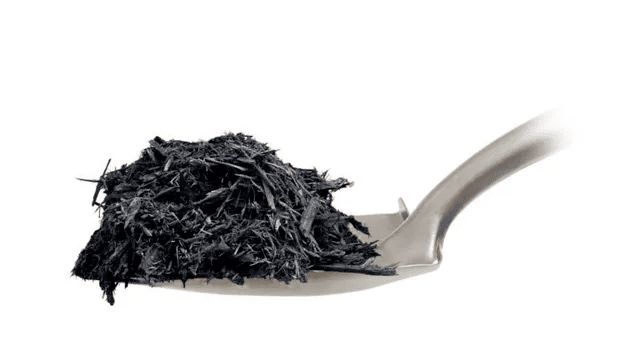
Dyed Mulch
Dyed mulch adds an interesting design element to landscapes. Made in the same painstaking manner as our natural mulch, we then apply dye made from carbon ash and iron—all-natural, non-toxic, and safe for the earth and any plants, animals, or people it touches.
Our dye, kiln drying, and lengthy curing process produce mulch with long-lasting color, extending replacement time.
Dyed Mulch Pricing:
Black Mulch—$35.00 per cubic yard
Brown Mulch—$35.00 per cubic yard
Delivery Charge: Based on your area.
We have been using Van der Linde Recycling for many years for container rentals and gravel. Everyone has always been extremely helpful, and the drivers have always been very professional. It can be difficult to get larger trucks back to our home, but they make it look easy. We recently ordered two large truckloads of mulch. When the original mulch that we ordered wasn’t available, the team at van der Linde was able to offer us an alternative. The mulch is very high quality, and perfect for our application. – Tom Hurtt
Making Mulch
Watch this short video to learn how we convert recycled lumber into high-quality mulch.

Products Disclaimer
van der Linde Recycling is happy to provide samples of all the materials sold. We encourage you to view our products prior to purchase. Please note that we make our products from recycled materials. While our meticulous sorting process removes most metal and foreign objects, loads may contain small amounts of these items.
van der Linde Recycling gravel is not VDOT certified
Delivery Disclaimer
van der Linde Recycling is not responsible for lawn, driveway or property damage sustained while delivering mulch, gravel and/or topsoil and fill dirt. We strive to unload material where requested, however, placement of materials is at the discretion of the delivery driver. All delivery fees are due even if materials cannot be placed as desired or if the customer refuses material at the delivery location.
FAQs
Got a question? We’re here to help.
